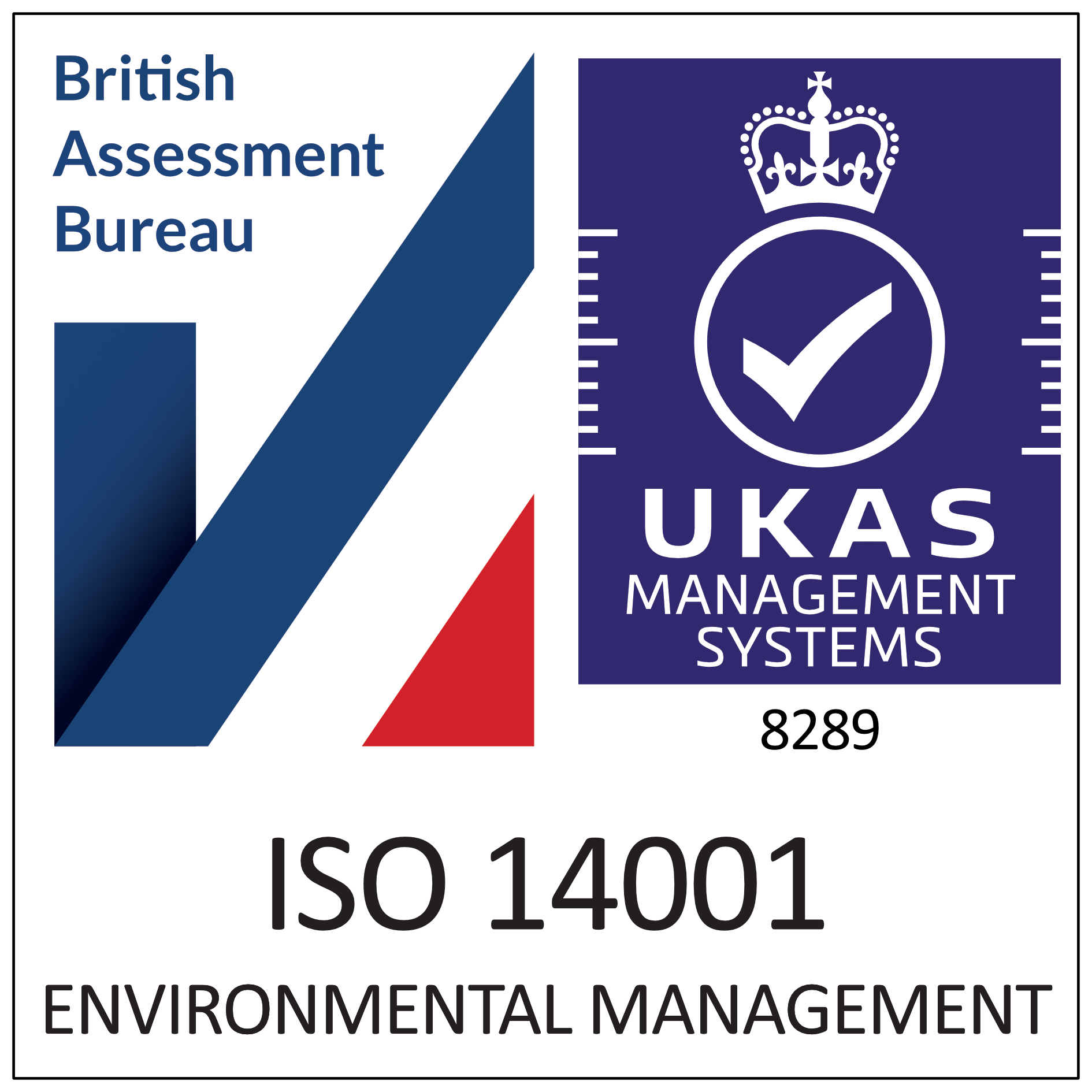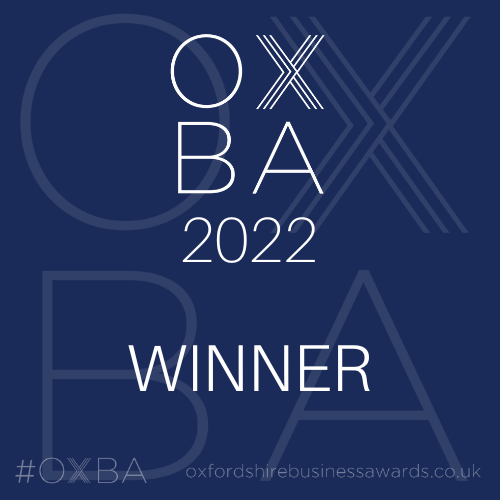








Course code: XMZT090P
Subject area: Engineering
Study level: Apprenticeship
Course level: 3
Course time:
09:00 - 17:00
Days of week:
Various
Course date:
1st Aug 2024 - 31st Jul 2025
Course location:
Off SiteDuration:
21 months practical training period, plus 3 months for End Point Assessment
Qualifications included:
Level 3 Metal Fabricator Apprenticeship
Level 3 Advanced Manufacturing Engineering (Technical Knowledge)
Level 3 Advanced Manufacturing Engineering (Development Competence, Fabricator)
Level 2 Functional Skills in English and Maths
Delivery model:
Work-based training with your employer
Day release during term time (approximately 36 days per year, over two years)
Approximately 12 on-site assessment visits per year
Level 2 Functional Skills in Maths and English (7 days at college for each, if required)
Off the job training will count for at least 6 hours a week of an apprentice’s time at work
- The importance of complying with health and safety regulations
- General engineering mathematical and scientific principles, methods and calculations
- The structure, properties and characteristics of common materials
- The typical problems that may arise within their normal work activities/environment
- Approved diagnostic methods and techniques used to help solve engineering problems
- The importance of only using current approved processes, procedures, documentation
- The different roles and functions in the organisation and how they interact
- The correct methods of moving and handling materials
- Processes for preparing materials to be marked out
- The tools and techniques available for cutting, shaping, assembling and finishing materials.
- Allowances for cutting, notching, bending, rolling and forming materials
- Describe pattern development processes, cutting and forming techniques, and assembly and finishing processes, tooling and equipment
- Inspection techniques that can be applied to check shape and dimensional accuracy
- Principles, procedures and testing of different joining techniques (mechanised or manual)
- Effects of heating and cooling metals
- Metallurgy associated with joining and different types of welds and joints
- How to interpret relevant engineering data and documentation
Level 3 Metal Fabricator Apprenticeship
Level 3 Advanced Manufacturing Engineering (Technical Knowledge)
Level 3 Advanced Manufacturing Engineering (Development Competence, Fabricator)
Level 2 Functional Skills in English and Maths
End Point Assessment:
Occupational competence validation interview
Professional competence assessment
Employer endorsement of occupational and professional competence
- Work safely at all times, comply with health & safety legislation
- Comply with environmental legislation, regulations and organisational requirements
- Obtain, check and use the appropriate documentation
- Carry out relevant planning and preparation activities before commencing work activity
- Undertake the work activity using the correct processes, procedures and equipment
- Carry out the required checks using the correct procedures, processes and/or equipment
- Deal promptly and effectively with problems within the limits of their responsibility
- Complete any required documentation using the defined recording systems
- Identify and follow correct metal work instructions, specifications, drawing etc.
- Mark out using appropriate tools and techniques
- Cut and form metal for the production of fabricated products
- Produce and assemble metal products to required specification and quality requirements
- Identify and follow correct joining instructions, specifications, drawing etc.
- Carry out the relevant preparation before starting the joining fabrication activity
- Set up, check, adjust and use joining and related equipment
- Weld joints in accordance with approved welding procedures and quality requirements
What behaviours will apprentices develop?
- Personal responsibility and resilience
- Work effectively in teams
- Effective communication and interpersonal skills
- Focus on quality and problem solving
- Continuous personal development








